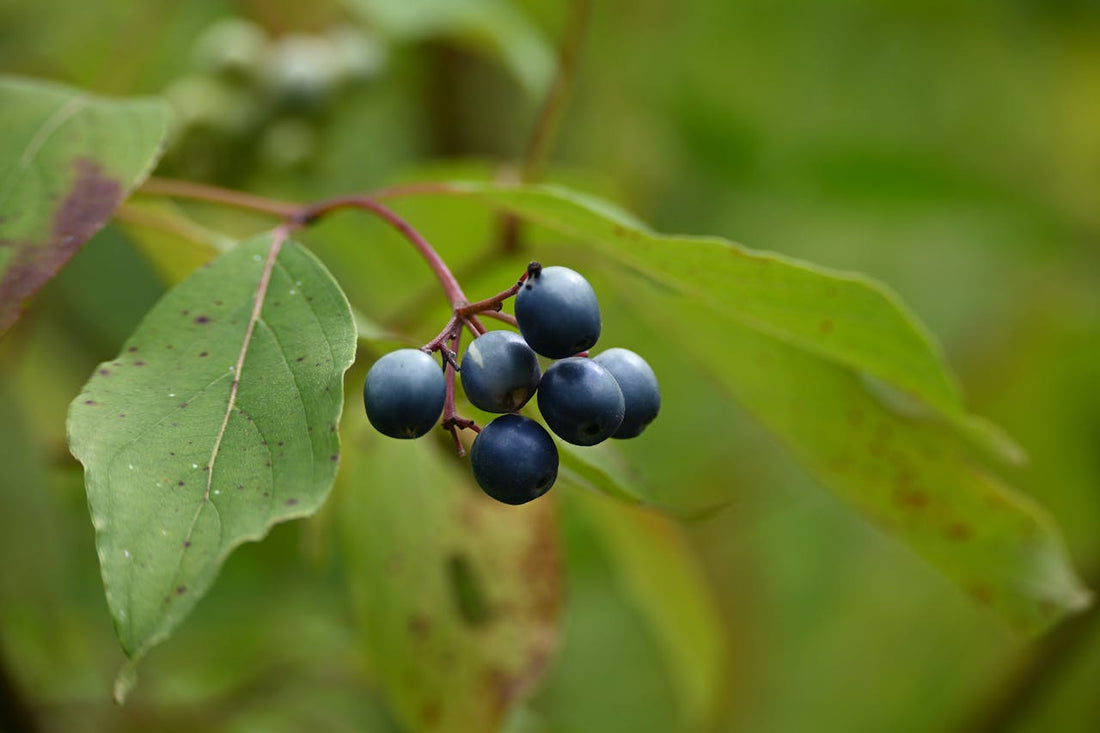
Unlocking Peak Performance: Why Athletes Should Harness the Power of Phytonutrients
Share
Who Should Care About Phytonutrients?
Competitive athletes, weekend warriors, and anyone pushing their physical limits can benefit from understanding phytonutrients. Whether you're training for a marathon or recovering from intense gym sessions, these plant-based compounds offer targeted support for resilience, recovery, and long-term health.
What Are Phytonutrients?
Phytonutrients are natural, bioactive compounds found in plants—think flavonoids, carotenoids, glucosinolates, and polyphenols. Unlike essential vitamins and minerals, they aren't required for survival, but their health benefits are profound:
- Combat oxidative stress from intense training
- Reduce inflammation to accelerate recovery
- Support immune health during heavy training loads
- Enhance blood flow and nutrient delivery to muscles
When Should Athletes Focus on Phytonutrients?
Daily. These compounds work cumulatively over time and can also offer targeted pre- and post-workout benefits:
- Pre-workout: Beetroot (nitrates) and berries (anthocyanins) enhance performance and circulation
- Post-workout: Pineapple (bromelain) and turmeric (curcumin) reduce soreness and inflammation
Where Are They Found?
Phytonutrients are abundant in:
|
Category |
Examples |
Key Compounds |
|
Vegetables |
Broccoli, kale, spinach |
Sulforaphane, lutein |
|
Fruits |
Blueberries, pomegranates, oranges |
Anthocyanins, flavanols |
|
Spices & Herbs |
Turmeric, ginger, garlic |
Curcumin, allicin |
|
Teas |
Green tea, hibiscus |
Catechins, tannins |
|
Whole Foods |
Cocoa, red wine (in moderation) |
Polyphenols |
Why Should Athletes Prioritize Phytonutrients?
Athletes experience more oxidative damage and inflammation than the average person—it's part of adapting to training. Phytonutrients help:
- Shorten recovery time
- Boost adaptation to exercise
- Maintain immune function
- Support joint and tissue health
Their holistic benefits make them essential for long-term performance and athletic longevity.
How to Incorporate Them Into Your Nutrition Strategy
- Eat the rainbow: The more color variety, the broader the range of phytonutrients
- Use smoothies strategically: Mix berries, leafy greens, and spices like turmeric or cinnamon
- Swap processed snacks for phytonutrient-rich options like trail mix with dried fruits and seeds
- Try superfood shots or supplements (only if high-quality and research-backed)
